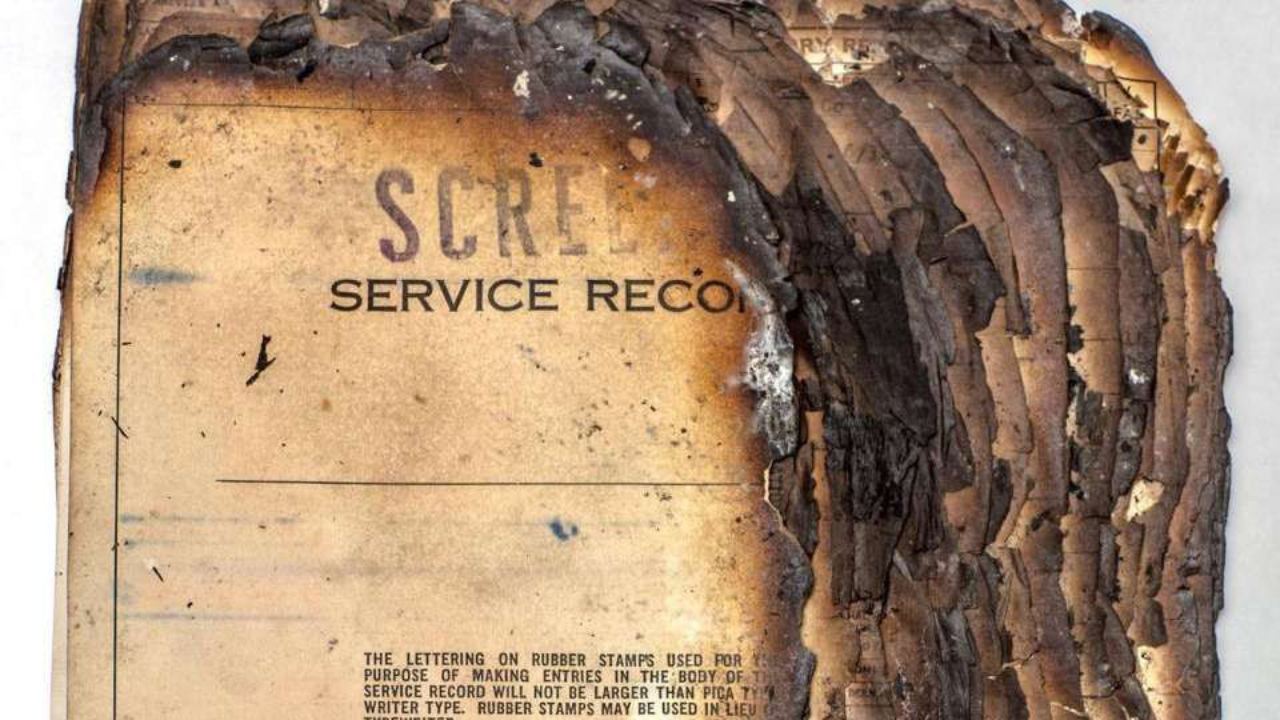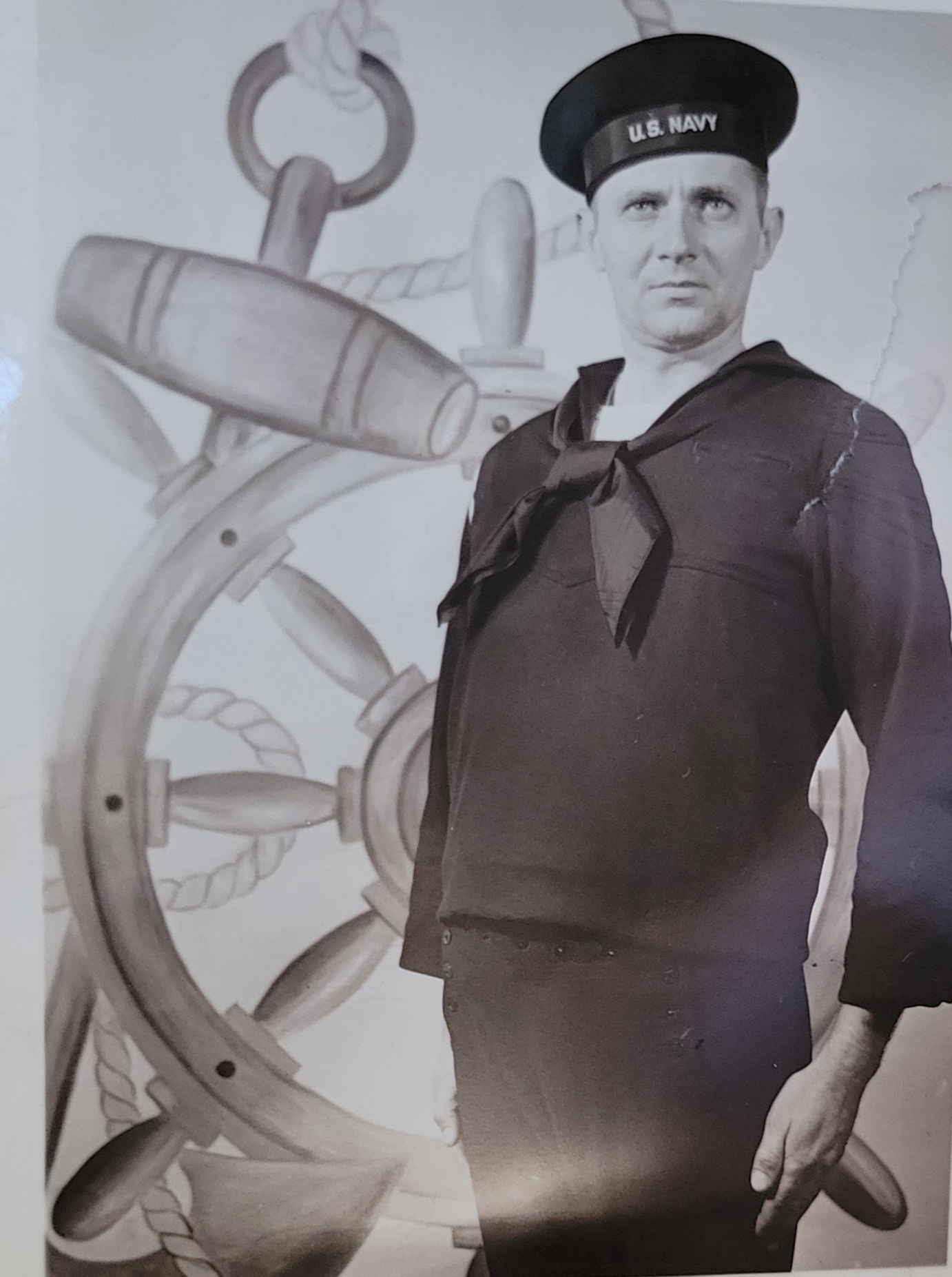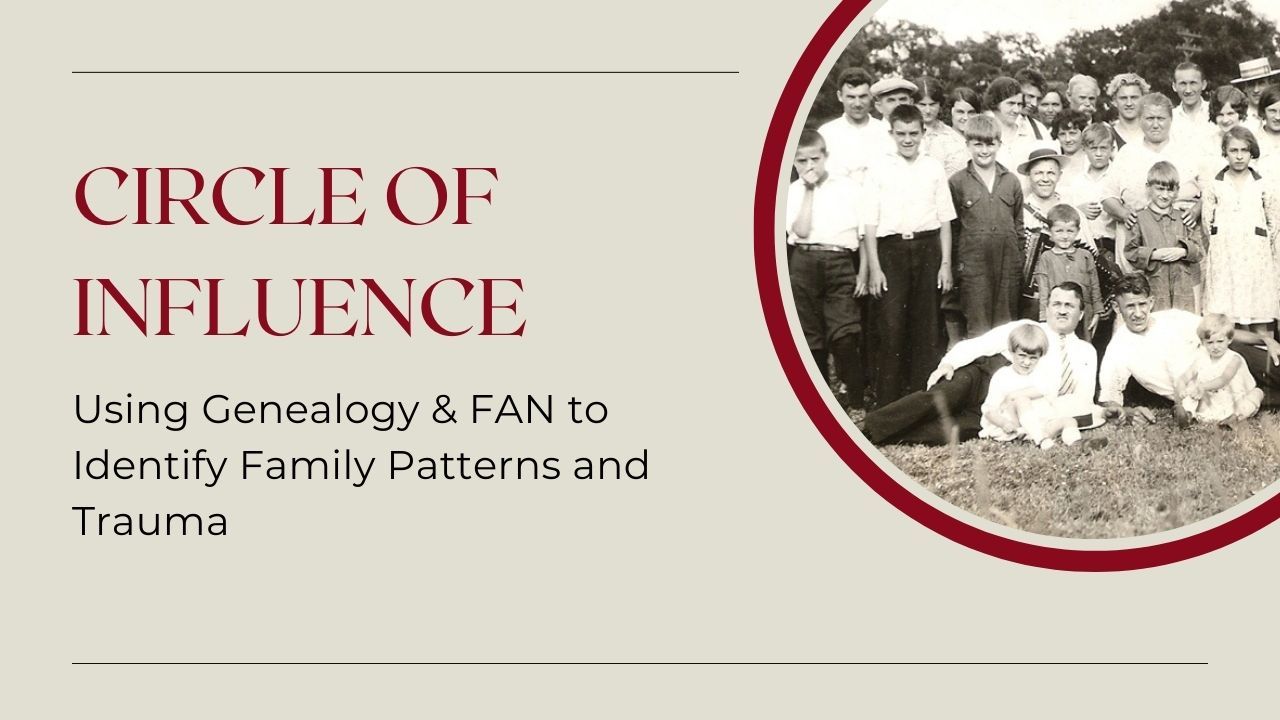50th Anniversary of the NPRC Fire
Jul 12, 2023
50 years ago today, shortly after midnight, a fire raged at the National Personnel Records Center in St. Louis, Missouri, destroying vast numbers of Army and Army Air Force/Air Force Official Military Personnel Files (OMPFs) or service files. Read more about the fire. I was quoted in this article.
You can read all the statistics about what burned and what didn't but no one has ever explained how files were arranged. It's been said that certain letters (surnames) of the alphabet burned but I have often questioned if officer files had been kept in a separate location than enlisted men's files. I've seen officer files full and complete within the surname range that burned, like Captain Paul White. Then I've been unable to get my enlisted cousin's file, Frank Winkler, which logically comes after White in the alphabet. So the officer file is intact and the enlisted man's is not? Crazy right?
So what do you do if your family member's service file burned? I have the answer.
Reconstructing Military Service
More than a decade ago I developed a two-part research strategy to help anyone, regardless of military branch or 20th century war, reconstruct military service and tell their veteran's story. There is a common misconception that if your family member was in a branch whose files didn't burn, you don't have to reconstruct service. This is not quite accurate. OMPFs are not set up in a way, regardless of branch, that easily tells a veteran's story. They also do not give you all the information you may seek.
Explore my WWII research books. Everything I teach applies to all 20th century wars.

Yes, you will get the basics on a veteran like the units someone served in (usually there were multiple), what MOS or jobs they held, what kind of training they received, and maybe some medical information. There will be documents indicating transfers to units, changes in status for being a prisoner, missing, or Killed In Action. There will be changes in rank noted. Family letters, vital records, court documents, and other genealogical records may also appear in these files. But they will not tell the story in an understandable way until you reconstruct the service.
How do you reconstruct service?
Military research, for World War I, World War II, Korea, or Vietnam all follows a two-step process. First, locate information on the individual through family sources, local and state archives, and records you can obtain from the NPRC at St. Louis. For Army and Army Air Force/Air Force, this also includes Company Morning Reports. To access most of what you require, you have to go there, or hire a researcher. Email me to set up a free phone consult to discuss your research project. [email protected]
Then you establish a timeline of service so you can see what units someone was in, where they served, and other details. Then, you access contextual unit-level records starting at the NARA College Park, MD facility where these records are held. These records contain histories, maps, photos, diaries, journals, and more to give you an idea of what training or combat was like for your veteran.
In all the projects I've completed for more than a decade, I've been able to help clients find the answers they seek. In only a couple rare cases, was this really difficult because the unit was obscure and the records simply didn't exist to help reconstruct service. I've often been surprised at what I discover in the military records. I've learned family secrets, discovered men buried as Unknowns in our ABMC cemeteries that should have been identified. I've felt the pain of mothers, widows, fathers, and siblings after the loss of a loved one in war. I've even seen adoption paperwork, mental hospital commitment papers, divorce papers, and more. You never know what kind of story about your family exists in all the possible files.
There is not one location for all military records. Military records are not only held at NPRC and NARA so don't stop your search there. You will find some things at State Archives, Presidential Libraries, local libraries, historical and genealogical societies, museums, and more.
Purchase my Military Research Bundle to get step-by-step instructions, a workbook, and plenty of examples and stories to help you learn the process.
Other Reasons Records Do Not Exist
The 1973 NPRC fire is not the only reasons some families can't get answers they seek. We need to keep in mind that records existed and were created not only stateside but overseas. If records were traveling with airmen on a bomber and the bomber crashed, those records likely were destroyed and not recovered. If records were being transported on a Naval Ship and the ship sunk or there was a fire on board, records may have been lost. In a Marine Corps case I worked on, I located a unit history that indicated some of the information in the history had been reconstructed from other sources previously sent stateside prior to a fire on board the ship. The history states the dates of missing records which makes it possible for researchers to then seek out alternate records to possibly fill in the gaps.
© 2023 Ancestral Souls Wisdom School








